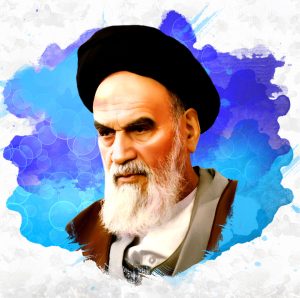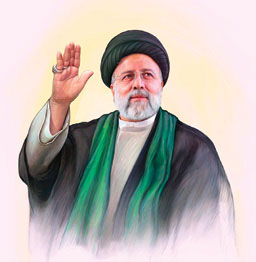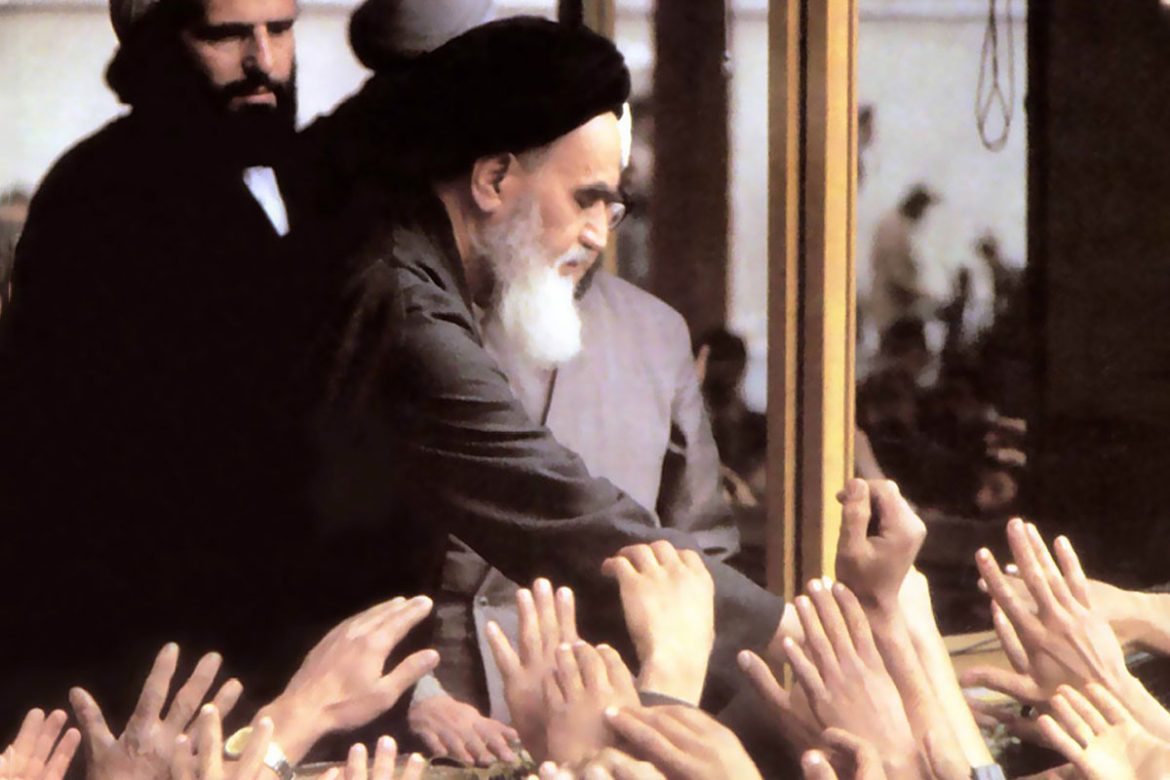May 20th is reminiscent of the martyrdom of Hojjat al-Islam Dr. Seyyed Ebrahim Raisi, the ex-president of the Islamic Republic of Iran, who was a hardworking politician and justice-seeking scholar and whose short but blessed career was described by the Supreme Leader of the Islamic Revolution as “a new criterion in serving the nation”. This day is only a short while before June 4th, the anniversary of the demise of the great architect of the Islamic Revolution, i.e., the late Imam Khomeini (RA).
The connection between these two occasions is more than a mere calendar coincidence; it presents an opportunity to examine how a school of governance can endure. The theoretical foundation of this school of thought should be sought in the views of the late Imam (RA), who defined republicanism as being in harmony with Islam, and considered the people’s vote to be the measure of the Islamic government’s legitimacy.
 The Late Imam Khomeini (RA) had repeatedly emphasized that there is no higher act of worship than serving God’s servants, and emphasized: “I do not think there is any act of worship superior to caring for the deprived”. He always referred to the downtrodden and slum dweller people as ‘the guardians of the blessings of the Revolution’ and recommended that serving the oppressed and needy should be the primary duty of those in power.
The Late Imam Khomeini (RA) had repeatedly emphasized that there is no higher act of worship than serving God’s servants, and emphasized: “I do not think there is any act of worship superior to caring for the deprived”. He always referred to the downtrodden and slum dweller people as ‘the guardians of the blessings of the Revolution’ and recommended that serving the oppressed and needy should be the primary duty of those in power.
Therefore, according to the late Imam (RA), any authority, at any level of the Iranian system of government, must consider himself a ‘servant of the nation’ and not a ruler over them. This view was consolidated in the form of political and legal institutions after the victory of the Revolution, but its vitality and effectiveness remained dependent on the behavior of those in power.
Keeping in view this conceptual framework, Dr. Raisi, the martyred President of Iran, should be considered one of the students of the school of Imam Khomeini (RA) and a true follower of the line of Velayat-e Faqih. He had learned the doctrine of ‘selfless service’ from the Imam’s character and transformed it into an organizational culture in his judicial and executive positions.
His direct presence among the people showed that, in his view, ‘being for the people’ was not just an election slogan, but a well-known method of governance that expands the social capital of the system. The result of this method was the unparalleled funeral of his body; a gathering of millions that, in the words of the Supreme Leader of the Revolution, conveyed ‘the message of the power of the people of the Islamic Republic’ to the world public opinion.
Perhaps the most prominent aspect of Martyr Raisi’s being a disciple of the political school of the late Imam (RA) was his concern for justice and human dignity. The Imam considered justice not an abstract ideal, but a criterion for measuring the authenticity of the Revolution and that was the reason that as soon as Martyr Raisi assumed the post of head of the judiciary, he expanded organized efforts for greater justice in society and, by issuing decisive rulings, raised public hope for a new standard of administrative integrity.
This approach was extended in the form of a justice-oriented budget policy and prioritization of infrastructure projects in less-privileged areas in the government of this Martyr. This set of measures, although still evolving with regard to some macro indicators, methodologically demonstrates a commitment to the same theoretical foundation that the late Imam (RA) had outlined in the Charter of Religious Governance.
 The working record of Martyr Raisi is proof of the spirit of his commitment and an effective and decisive force in today’s hybrid warfare. With rare tirelessness, he crossed all conventional boundaries of ‘administrative time’ and, as per the suggestion of the same concept that the Supreme Leader was tirelessly present in handling the affairs of the Iranian society.
The working record of Martyr Raisi is proof of the spirit of his commitment and an effective and decisive force in today’s hybrid warfare. With rare tirelessness, he crossed all conventional boundaries of ‘administrative time’ and, as per the suggestion of the same concept that the Supreme Leader was tirelessly present in handling the affairs of the Iranian society.
Thus, the anniversary of the martyrdom of Dr. Raisi and the anniversary of the demise of Imam Khomeini (RA) can be, in the light of the thought of the Islamic Revolution, considered as links in a chain: beginning with the theory of the Islamic government, the establishment of the religious republic at the second stage, and continuing with the emergence of authorities who, in practice, transform this theory into a living social experience. The art of the Revolution in continuing this journey is to train a generation of serving managers who revolve in the orbit of the Velayat-e Faqih and build a bridge of trust between the people and the government.
Now, in evaluating this path, two scientific and practical tasks face the elite. First, compiling the theoretical literature of ‘tireless and sincere service’ based on the intellectual legacy of the late Imam (RA) and the objective experiences of the government of Martyr Raisi. Second, accurately diagnosing the institutional obstacles to the realization of this model and providing corrective mechanisms. Third, expanding and institutionalizing the discourse of Martyr Raisi in academic, research, and media environments at the international level, in the area of friendly relations with non-aligned countries, and strengthening the eastern concept of the New World Order, including in BRICS and the Shanghai Cooperation Organization.
Commemorating the 14th of Khordad (June 4) and the 30th of Ordibehesht (May 20) is, in fact, a commemorating two different levels of a single system: Imam Khomeini (RA), the architect of the Islamic Revolution and the founder of the theory of religious democracy; and Martyr Hojjat al-Islam Dr. Seyyed Ibrahim Raisi, a loyal disciple and the executor of the same school.
Honoring the Imam (RA) calls us to the intellectual foundations of the Revolution, and the memory of Martyr Raisi reminds us of the practical commitment to those foundations in today’s arena. The future of the Islamic Republic will enjoy a stable foundation when each generation of managers transforms the teachings of the Imam (RA) and the Supreme Leader into organizational behavior and public policy in the way Martyr Raisi did. It would be in that case that social justice, sustainable progress, and national dignity will not just be slogans, but the tangible fruit of the connection between faith, the will of the people, and sincere management of affairs in an Islamic way.
By: Hojjat al-Islam Dr. Imanipour, the President of the Islamic Culture and Relations Organization





